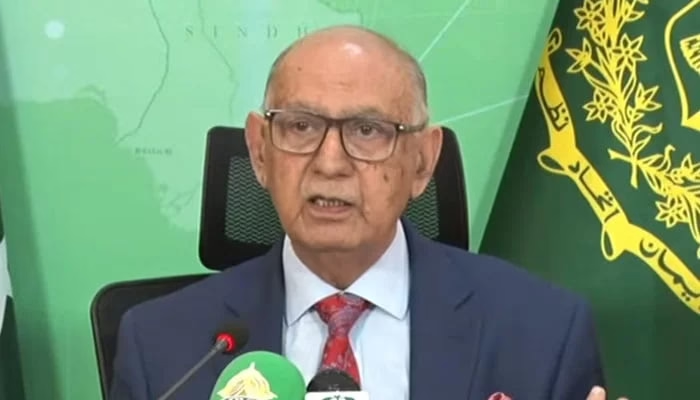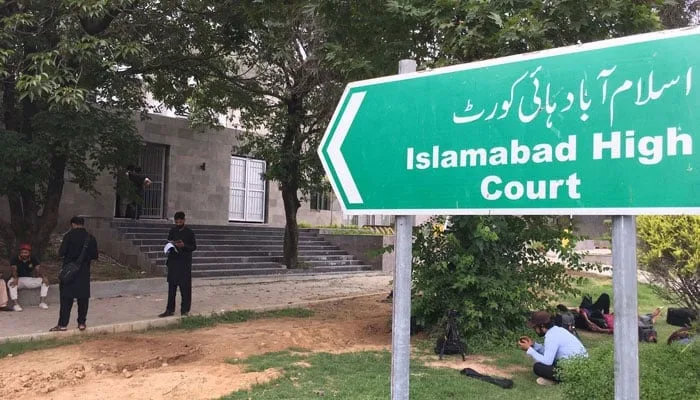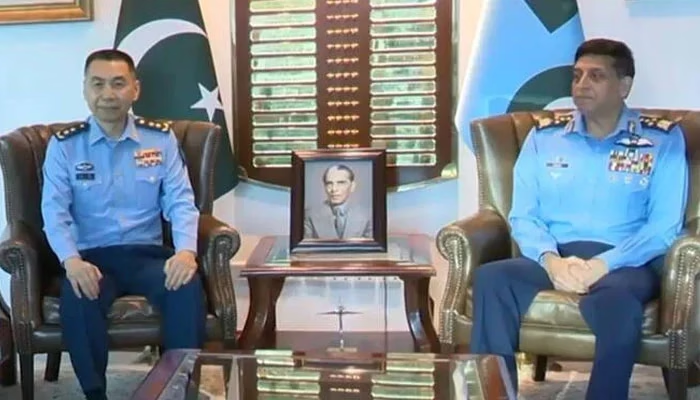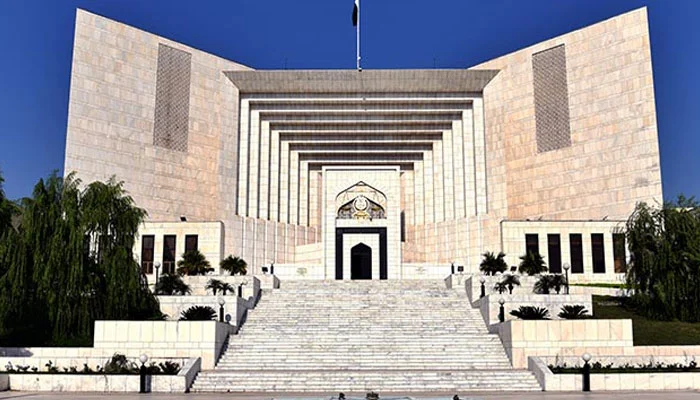The news of Irfan Siddiqui death has cast a deep shadow over Pakistan’s political, journalistic, and intellectual landscape. Siddiqui, a senior leader of the Pakistan Muslim League-Nawaz (PML-N), passed away in Islamabad after battling illness for two weeks. His departure marks the loss of a guiding voice known for wisdom, integrity, and an unwavering commitment to democratic values.
A Respected Political Figure Departs
Senator Irfan Siddiqui had been under treatment at a private hospital in the federal capital, where his condition worsened before he breathed his last. A towering figure in the PML-N and one of the closest associates of party president Nawaz Sharif, Siddiqui held the position of the party’s parliamentary leader in the Senate. His death has left a void that many believe will be hard to fill.
Known for his calm demeanor and intellectual depth, Siddiqui contributed significantly to parliamentary affairs. He served on various committees, including Human Rights, Interior and Narcotics Control, National Health Services, Foreign Affairs, and Information and Broadcasting. His balanced voice and reasoned arguments were highly valued by colleagues across party lines. The Irfan Siddiqui death has therefore been felt not only within the PML-N but across the broader political spectrum.
A Scholar, Writer, and Thought Leader
Beyond politics, Siddiqui was a renowned columnist associated with Daily Jang. His writings reflected his deep understanding of Pakistan’s political history, social fabric, and the challenges the nation faced. He dedicated decades to journalism, producing thoughtful columns rooted in logic, tolerance, and academic honesty.
For many readers, his columns provided clarity during turbulent political times. His ability to critique, guide, and educate made him a leading voice in the world of Urdu journalism. The Irfan Siddiqui death is being described by media professionals as the loss of an intellectual who shaped political discourse for generations.
Tributes from National Leadership
Following his passing, President Asif Ali Zardari expressed profound grief, praising Siddiqui’s contributions to strengthening democracy. He highlighted Siddiqui’s lifelong commitment to civil supremacy, political dialogue, and democratic principles.
Prime Minister Shehbaz Sharif also shared a heartfelt statement, calling him a sagacious thinker, teacher, and principled intellectual.The premier noted that Siddiqui personified wisdom and sincerity, adding that his academic insight would continue to inspire future generations. The Irfan Siddiqui death was described by the prime minister as a personal loss, reflecting Siddiqui’s close association with the Sharif family and his central role within the party.
Shehbaz Sharif further emphasised that Siddiqui’s personality radiated gentleness, integrity, and positive thought. His guidance, he said, always came from a place of fairness and intellectual discipline. Such sentiments echoed across political circles, illustrating the respect Siddiqui commanded throughout his career.
Condolences From Key Leaders
Interior Minister Mohsin Naqvi, while extending condolences to the bereaved family, highlighted Siddiqui’s exceptional contributions to journalism and politics. He lauded the late senator for upholding high ethical standards in both fields, noting that Siddiqui set an example of how a journalist and politician should conduct themselves.
Punjab Chief Minister Maryam Nawaz Sharif also mourned his death, calling him a dignified and distinguished political figure. She stated that Pakistan’s political arena had lost a refined voice—one rooted in principles and humility. Reactions such as these reflect how deeply the Irfan Siddiqui death has impacted national leadership.
A Legacy That Will Endure
Irfan Siddiqui’s career stood on three pillars: intellect, integrity, and service. As a scholar, he educated the masses with his thought-provoking columns. As a politician, he advocated for democratic values, civil liberties, and parliamentary ethics. And as a human being, he earned admiration for his humility and wisdom.
Many describe his legacy as a combination of scholarship and statesmanship. He believed in dialogue over confrontation and knowledge over rhetoric. His passing leaves behind a legacy that will guide future policymakers, journalists, and students of politics.
The Irfan Siddiqui death is not just the loss of a political leader—it marks the end of an era in which thoughtful discourse, journalistic depth, and principled politics shaped national narratives. His contributions will continue to influence Pakistan’s political culture for years to come.
With the Irfan Siddiqui death, Pakistan has lost an intellectual giant and a seasoned political figure. His contributions to journalism, democracy, and national thought will be remembered with respect. As leaders, colleagues, and citizens mourn his departure, his legacy remains a beacon for those who believe in reasoned debate, democratic values, and the transformative power of knowledge.



